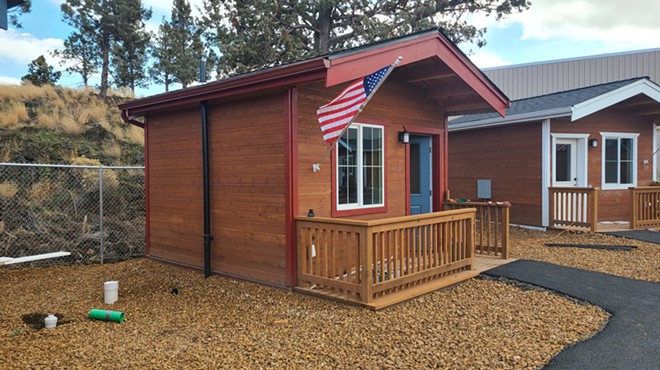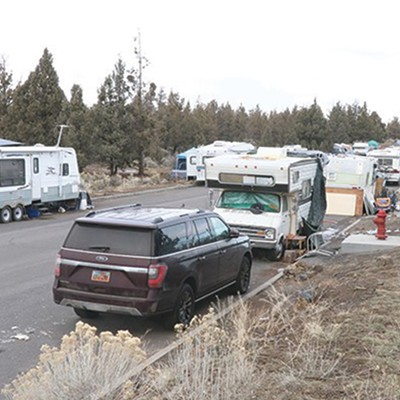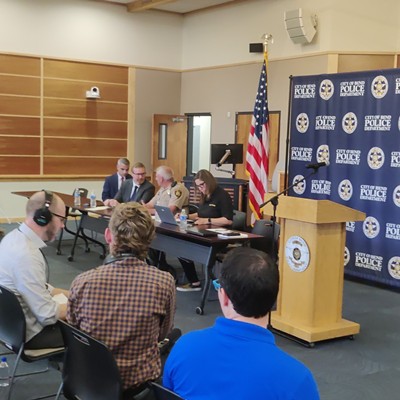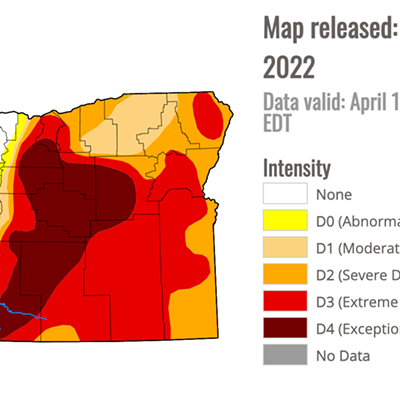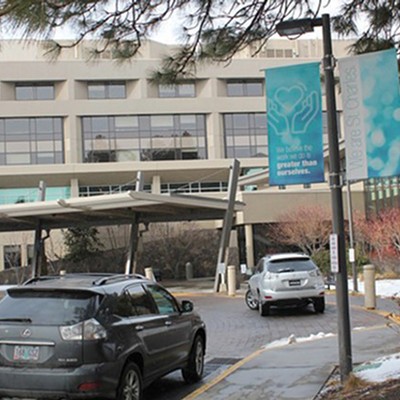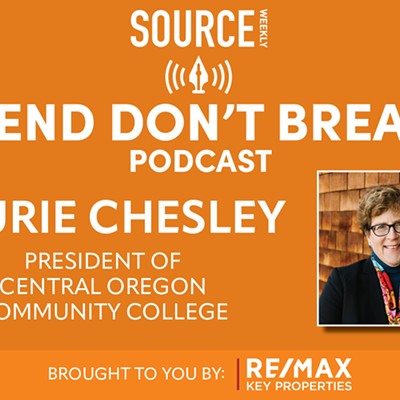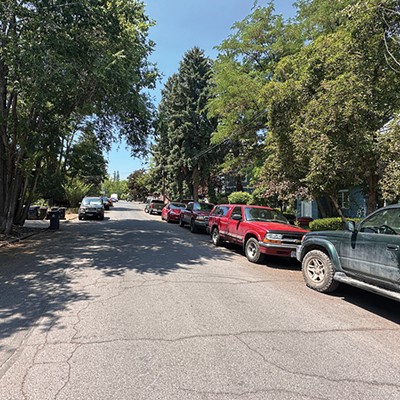Central Oregon Villages submitted two proposed models for a managed campsite to the City of Bend, and are the only organization to do so by the end of the City’s request for proposal period ending Dec. 9. The region saw its first village-style shelter open on November 11, 2021, when Central Oregon Veteran’s Village welcomed five veterans to their shelters with plans to expand to as many as 15 residents.
The City’s proposed camps are planned for one of three locations the City identified in 2021. The first is a property off Ninth Street near Bend High School, the second on Juniper Ridge and the third is an Oregon Department of Transportation Property off Murphy Road and Third Street.
One proposed camp would specifically seek older women to shelter in one of their 10 units, with ambitions to expand to 20 units that could house women and children escaping abuse. The other is a more general six-unit micro-village.
People living in the villages will be expected to help maintain the entire facility and, if applicable, address issues that may keep them from finding permanent housing like addiction treatment, mental health issues and professional development. The villages will accept people who use drugs, but they’re expected to stop while living there.
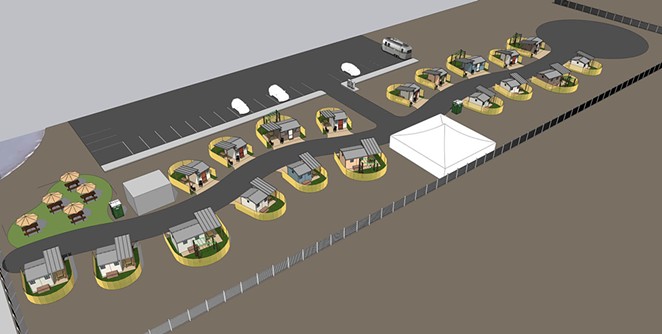
All three sites received some level of pushback during city council meetings, with neighbors concerned over potential increases in crime, accumulation of trash and proximity to schools. Porter said he’s understanding of these complaints, but that people are already camping across Bend and that a managed camps would look different than the makeshift ones on Hunnel Road and Second Street.
“I would not want Hunnel Road near my house either, and I would be fighting and protesting against it, also. But that's not we're proposing,” Porter said. “I know this for a fact from working with the houseless and from being on the police side is there are people camping in every neighborhood in Bend, and they are uncontrolled camps.”
Some community members have also complained about the length of time it takes to get a camp running.
Central Oregon Villages got a shipment of shelters in October and Porter said they can be set up in as little as two days once site-prep is completed. The organization could be offering shelters as soon as February, pending conversations with the Bend City Council on January 19, but Porter said what’s most important is making sure the process works and is sustainable.
“People are saying, why isn’t this moving quicker? Well, for good governance and good lasting policy that will be there year after year, it takes time. If you rush into it, you're going to make mistakes, and you're going to waste tax dollars,” Porter said.
St. Vincent de Paul’s village
St Vincent de Paul of Bend is working on a similar mission establishing a 10-person village financed mostly through donations from locals, as well as a Housing and Urban Development grant. The 501(c)3 has provided services for those in need since setting up in 1981, but hope to welcome people into their village by May. Its program is like Central Oregon Villages, with individually tailored plans for residents.
“Everyone's going to have a different pathway from homelessness into permanent housing. But we're hoping to help people move through that process,” said Gary Hewitt, director of St. Vincent de Paul of Bend.
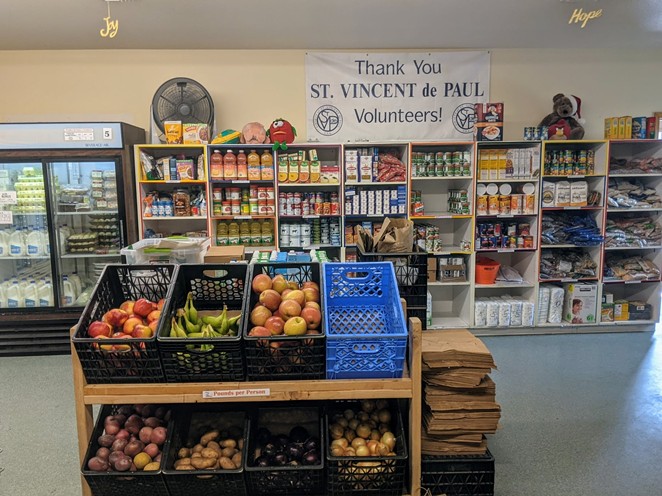
“At the end of two years, they’ll have $6,000 towards a new place. So they might not stay two years, maybe within a year we can find them some other housing,” Hewitt said.
Hewitt said the village can help people, but that collaboration with other service providers is necessary to effectively tackle houselessness.
“It's not about any one place like us, but it's about us and Bethlehem Inn and Shepherd’s House and Central Oregon Villages. It's about everybody,” Hewitt said. “I think the most important part, it's about the community. Otherwise, we're just a bunch of people that live by each other. But it takes all of us to solve this problem.”

